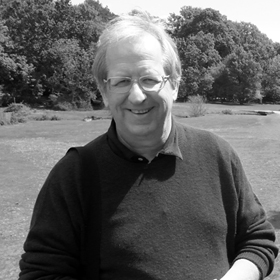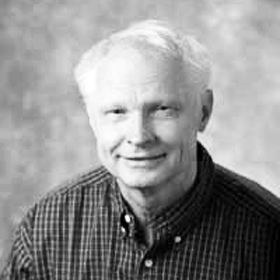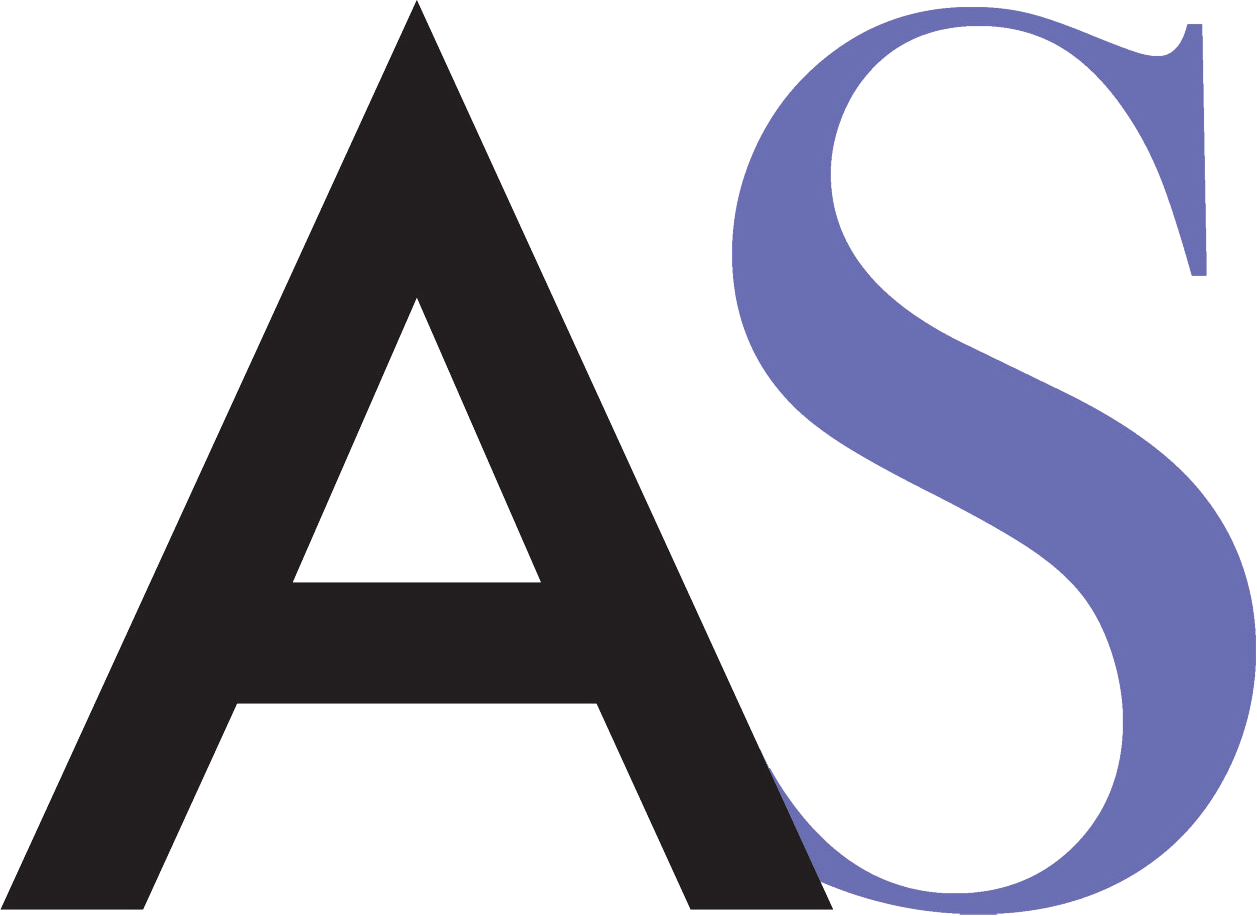Hegel’s critique of Kant’s conception of concepts
Chaired by David James (Warwick)

Hegel’s Critique of Kant
Stephen Houlgate (Warwick)
Abstract
In this essay I argue that Hegel criticizes Kant for failing to carry out a thorough critique of the categories of thought. In Hegel’s view, Kant merely limits the validity of the categories to objects of possible experience, but he does not challenge the way in which the ‘understanding’ (Verstand) conceives of those categories and other concepts. Indeed, for Hegel, Kant’s limitation of the validity of the categories itself presupposes the sharp distinctions, drawn by understanding, between concepts such as ‘form’ and ‘matter’ or ‘subjective’ and ‘objective’. I note that Hegel does not do complete justice to Kant’s concept of the ‘thing in itself’ or to his conception of ‘critique’, but that his criticism of Kant is nonetheless correct.
Biography
Stephen Houlgate is professor of philosophy at the University of Warwick. He is the author of Hegel, Nietzsche and the Criticism of Metaphysics (1986), An Introduction to Hegel: Freedom, Truth and History (1991, 2nd ed. 2005), The Opening of Hegel’s Logic (2006) and Hegel’s Phenomenology of Spirit (2013), and he has also published numerous articles on Hegel, as well as on Kant, Schiller, Schelling, Nietzsche, Derrida, Danto, Rawls, Brandom and McDowell. He is the editor of Hegel and the Philosophy of Nature and The Hegel Reader (both 1998), Hegel and the Arts (2007) and G.W.F. Hegel: Elements of the Philosophy of Right (2008), and co-editor with Michael Baur of A Companion to Hegel (2011). He served as Vice-president and President of the Hegel Society of America and was editor of the Bulletin of the Hegel Society of Great Britain from 1998 to 2006. He is currently President of the Hegel Society of Great Britain.

Some Persistent Presumptions of Hegelian Anti-Subjectivism
Karl Ameriks (Notre Dame)
Abstract
Like many other recent Hegelian accounts, Stephen Houlgate’s severe critique of Kant’s theoretical philosophy contends that, in contrast to Hegel, Kant’s Critical system, especially because of its doctrine of transcendental idealism, presupposes a subjectivist and therefore inadequate position. On the basis of a moderate interpretation of Kant’s idealism and his general Critical procedure, I defend Kant from the charge of subjectivism, and also give an account of how subjectivist interpretations in general can arise from a series of understandable misunderstandings of difficult passages in Kant’s first Critique.
Biography
Karl Ameriks is the McMahon-Hank Professor of Philosophy at the University of Notre Dame and specializes in the history of modern philosophy, continental philosophy, and modern German philosophy. Much of his research is dedicated to the study of Immanuel Kant about whom he has published multiple books.
His most recent monographs include Kant’s Theory of Mind: An Analysis of the Paralogisms of Pure Reason (2000), and Kant and the Fate of Autonomy: Problems in the Appropriation of the Critical Philosophy (2000), Interpreting Kant’s Critiques (2003), Kant and the Historical Turn: Philosophy as Critical Interpretation (2006), and more than 100 articles and scholarly writings. He is a founding co-editor of Internationales Jahrbuch des Deutschen Idealismus (International Yearbook of German Idealism) and since 1994 he has served as a co-editor of the approximately 70-volume series, Cambridge Texts in the History of Philosophy. He has served as a member of the Board of Directors for the Journal of the History of Philosophy and on the editorial boards of Owl of Minerva (Hegel Society of America), Critical Horizons, Kant Yearbook, Oxford Philosophical Concepts, and Philosophisches Jahrbuch.
A faculty fellow in Notre Dame’s Nanovic Institute for European Studies, Professor Ameriks was elected a fellow of the American Academy of Arts and Sciences (AAAS) in 2009. Among his many prestigious honors and awards are several fellowships from the National Endowment for the Humanities (NEH), the Earhart Foundation (most recently in 2010) and an Alexander von Humboldt Fellowship. He is a former member of the American Philosophical Association Board of Officers (2003-2005) and past President of the Central Division of the American Philosophical Association (2004-2005) and the North American Kant Society (1991-1994).
